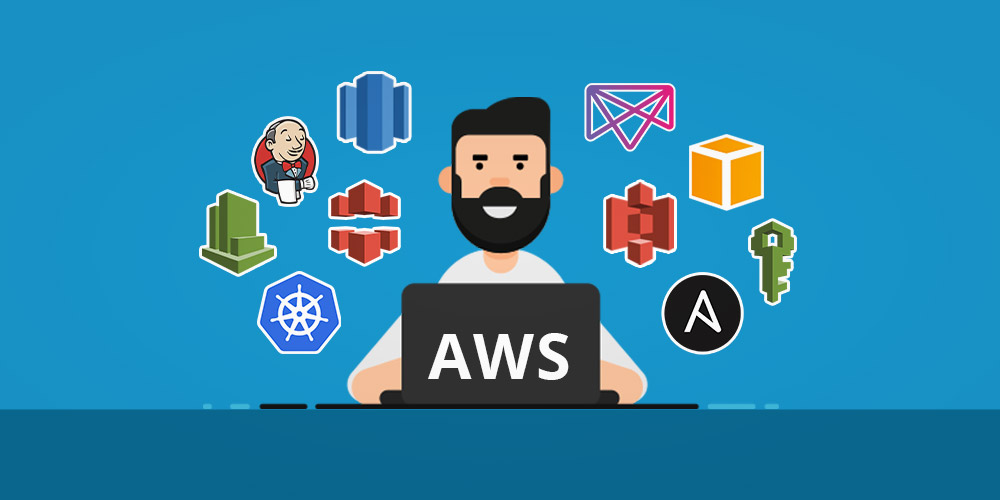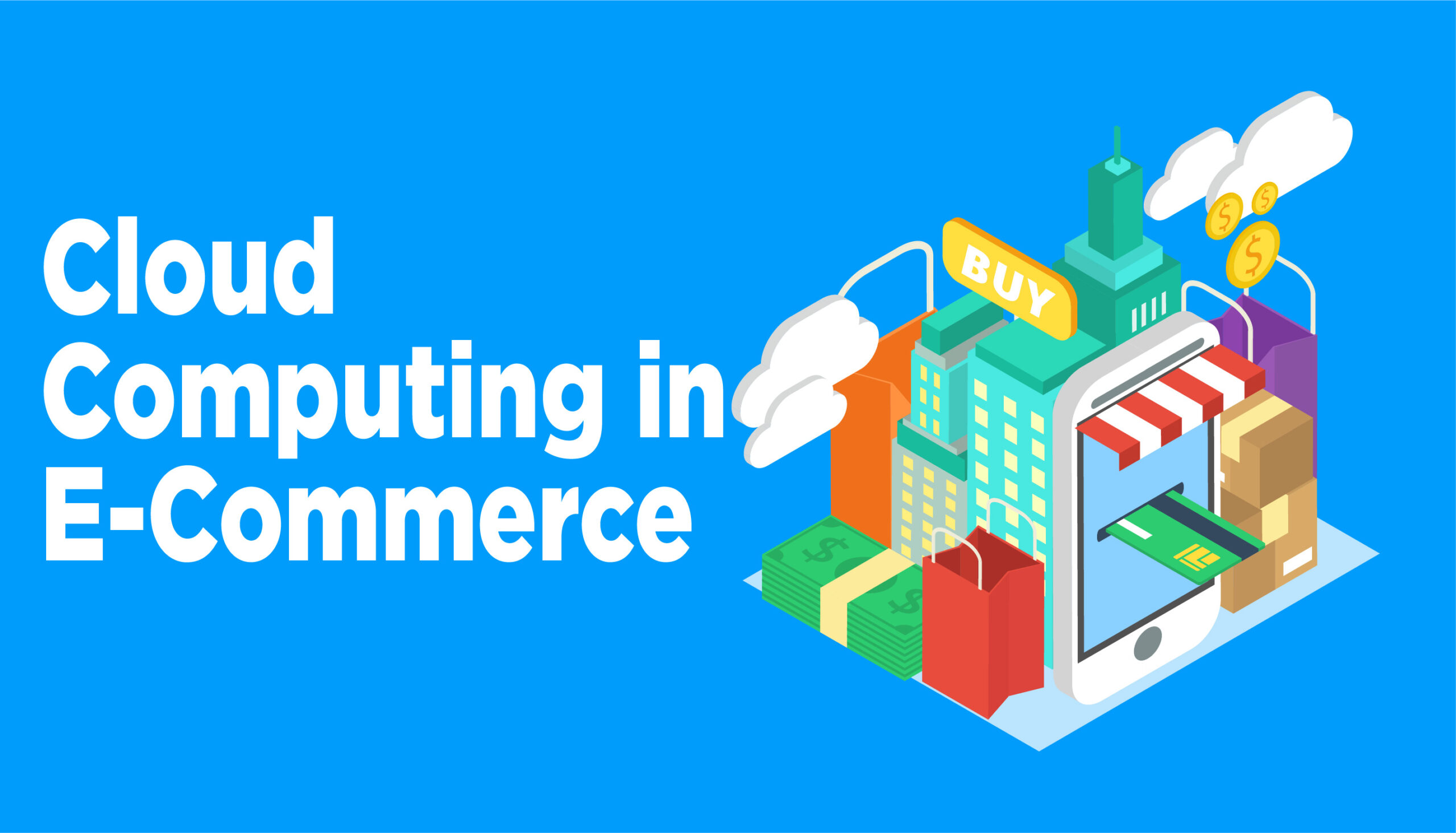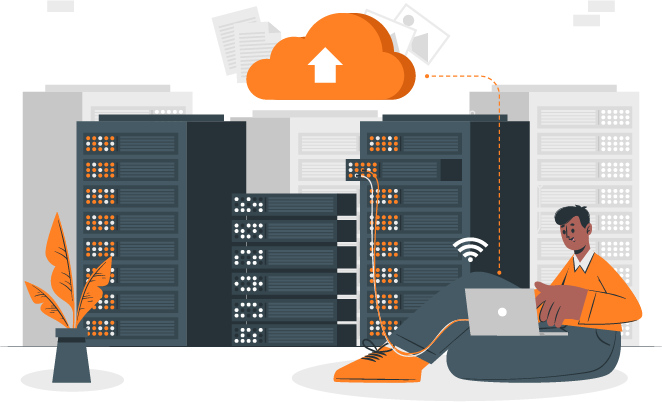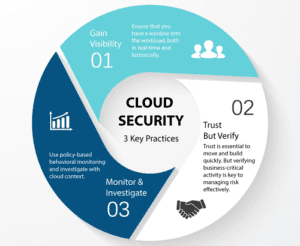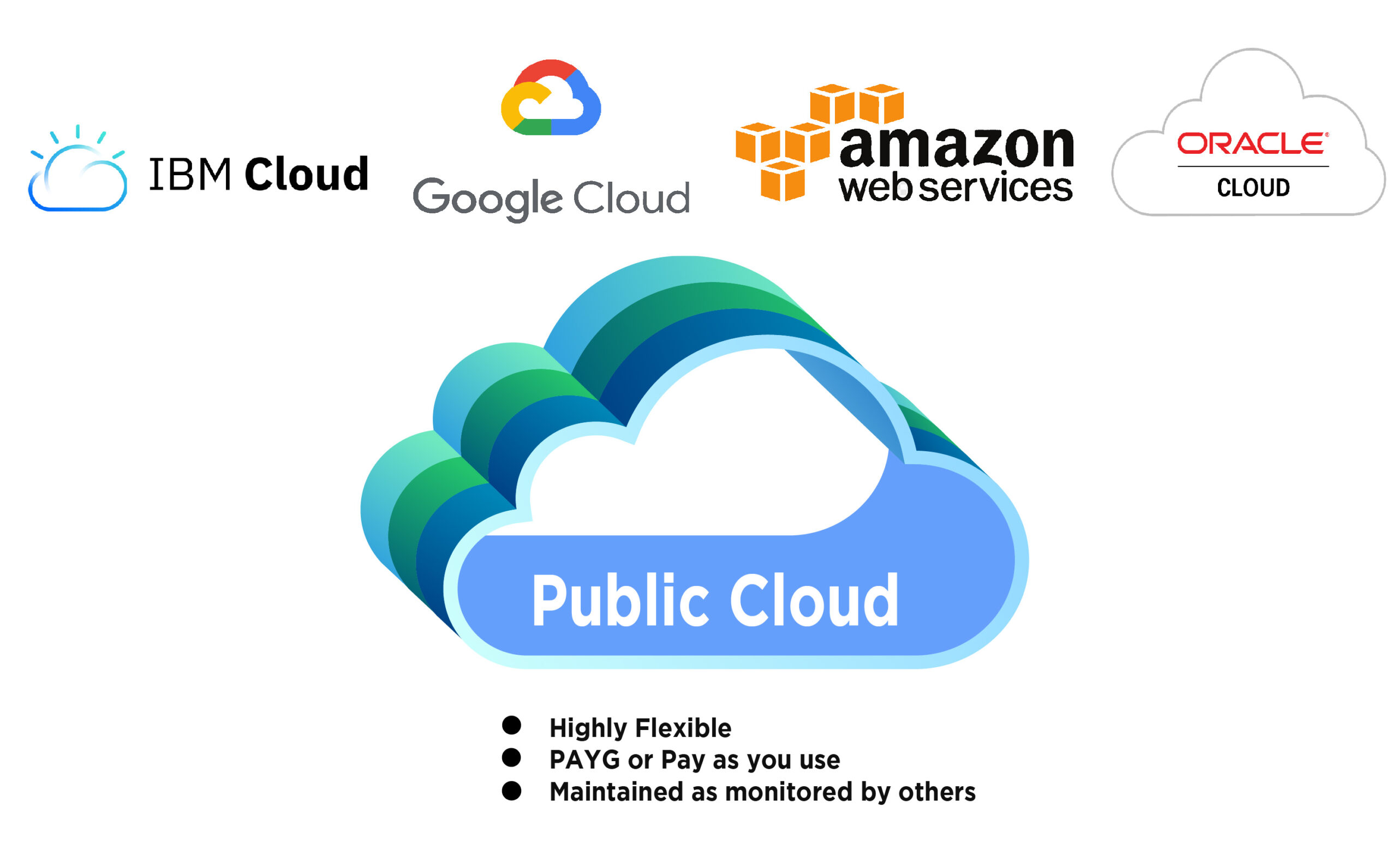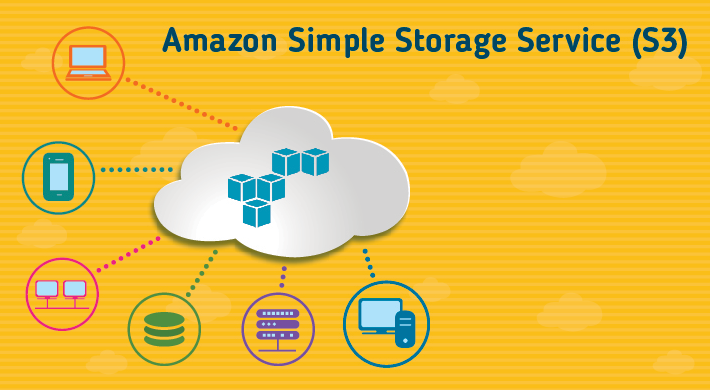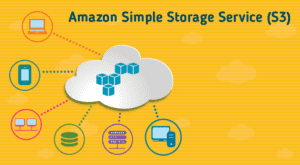What is AWS Machine Learning?
Machine Learning is the study of computer algorithms, which automatically improves user experience and usage of information. You can view it as part of AI.
Besides providing the most comprehensive and profound range of cloud computing architecture, Amazon Web Services delivers machine learning facilities to all developers, data science experts, and professionals.
AWS helps with the acceleration of its machine learning journey by over 100,000 clients.
How Does AWS Machine Learning Work?
AWS Machine Learning enables developers to uncover patterns in the data of end-users using algorithms, build mathematical equations on such patterns, and design and execute the predictive analysis.
The solution helps businesses increase their apps’ profitability and efficiency. It may apply instances to detect bogus online payment charges, foresee products that attract a particular end-user, or estimate the demand for a specific product over a period.
How is AWS Machine Learning being used?
- A developer develops machine learning models for applications that meet specific requirements and eliminates developers’ need to build or manage their prediction code.
- Amazon uses an “industry-standard logistic regression method” to predict the likelihood of an end-user interacting with an app based on historical data.
- A developer can get predictions by utilizing a bulk request batch API or an actual recording API. The service immediately handles both forms of API calls and can hold up to five requests concurrently.
- Using advance ML techniques, service quality can be enhanced. And AIOps can help in predicting incidents before they happen.
- Amazon Machine Learning uses the Amazon Superior Storage Service (S3), Redshift, and the Relational Database services to read data.
- The Amazon AWS Machine Learning APIs and the AWS Management Console display data. You can also export data from other AWS products in CSV files stored in the Amazon S3 buckets that are accessed with Amazon Machine Learning.
- A developing company cannot import or export Amazon Machine Learning models in or out.
Security of AWS Machine Learning
Models and other system artifacts for Amazon machine learning remain secured both during running and at rest. A secure socket layer (SSL) connection helps with service applications. A developer may additionally apply Amazon Identity and Access Management Policies to secure apps in addition.
AWS Infrastructure for Machine Learning
AWS has the most incredible collection of computer power, storage, and high-speed networking resources for every machine learning project or application. It’s tailored to suit one’s learning needs, as part of the infrastructure. Opt from various machine learning frameworks that fit your teams and even host your models on a hardware platform.
AWS will cover everything you need. Machine learning incorporates various types of use cases, such as fraud detection, object detection, speech helpers. Prices, training, and deployment are expensive and time-consuming, which stay constant for machine learning. This is where AWS enters, and you can use advanced technologies and processes by eliminating those barriers to access to machine learning and using it as a pay-as-you-go service.
AWS AI Services
They provide Ai services based on technology used to drive Amazon’s own company. These services include application and process information from the box. You can design artificial intelligence-powered applications without acquiring machine skills.
Amazon Kendra
Help people rapidly identify stuff on Amazon Kendra’s websites and apps. This intelligent search solution recreates company searches to make it easier for employees and consumers to access the material. No more jumbled data and the answers to your inquiries are quickly available. You need no servers or complicated learning models for this service.
Amazon Personalize
You can also develop applications using the same technology as Amazon, which can personalize with no machine learning knowledge. You may integrate several personalized direct marketing experiences and product recommendations. This advances regulations, as it can train and then implement unique machine-learning models for a wide variety of personalized suggestions.
Accessing Amazon Machine Learning
You can access Amazon Machine Learning by using any of the following methods:
AWS CLI
See the Getting Set Up with AWS Command-Line Interface in the AWS Command Line Interface User Guide for details on setting up and configuring the AWS CLI.
Amazon Machine Learning Console
By login into the AWS management console and open the Amazon ML console, you may access the Amazon ML console
https://console.aws.amazon.com/machinelearning/
Amazon Web Services SDKs
The AWS SDK makes AWS Services easier by offering a range of consistent libraries, popular to Software developers. It supports consideration of the API life-cycle, such as authentication administration, retrieval, data collection, and serialization.
Amazon Machine Learning API
For additional information on the Amazon ML API, read Amazon ML API Reference or see Amazon ML API Reference.

